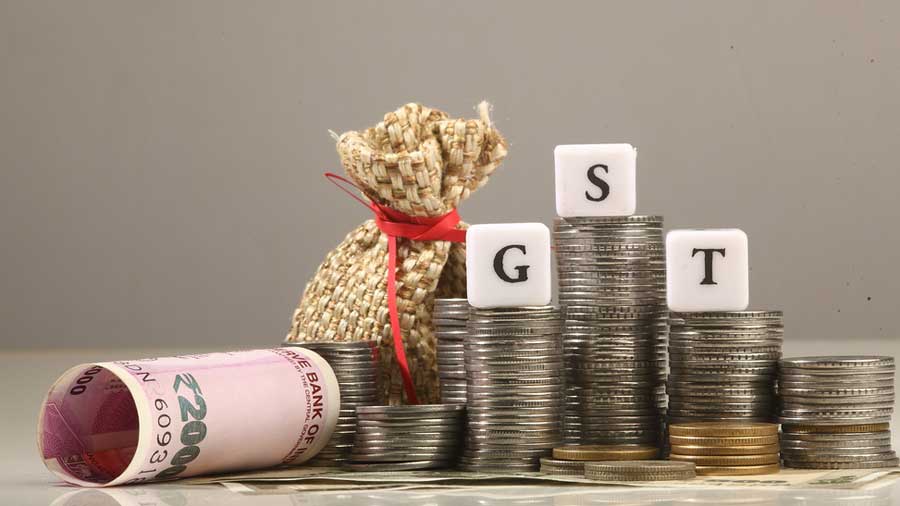The number of states opposed to the Centre’s GST compensation policy far outnumber those in favour, but a tilted voting rule may see the Centre carry the day at the GST council meeting on Thursday, if a ballot is held on the contentious issue.
The seven-day window for states to give their opinion on the Centre’s proposal to borrow from the market and recover their compensation cess dues is now over.
Ten states including Punjab and Bengal are opposed to the idea of state borrowing and would prefer the Centre to do so and pass on the proceeds to the states.
The GST Council will meet on Thursday to take a call on borrowing, The Centre can swing the decision in its favour with a one-third vote share in case of division.
The states have been given two options: borrow Rs 97,000 crore to meet the shortfall arising because of GST implementation; or borrow Rs 2.35 lakh crore which includes the Rs 1.38 lakh crore that the Centre has refused to pay as this is attributed to Covid-related factors.
The ten states opposing the two options are Delhi, Punjab, Rajasthan, Chhattisgarh, Tamil Nadu, Jharkhand, Telangana, Pondicherry, Kerala and Bengal.
Of the 31 states, 17 states have spelt out their stand.
Four states are in favour of borrowing Rs 97,000 crore — Bihar, Gujarat, Madhya Pradesh and Tripura, while Manipur and Sikkim are in favour of the second option. Karnataka has stated that it is ready to borrow but has not so far disclosed which option it would opt for.
Given the growing opposition to the borrowing plans, it is likely the issue could be settled through voting at the council meeting.
However, the Centre can bulldoze its way. Not just because most of the states are ruled by the BJP, but, the way the voting itself is structured.
The rules specify that the weight of the Centre shall be 1/3rd of the total weight of the votes cast. So, among the members who cast their votes, the Centre’s vote is assigned a weight of 1/3 while the rest 2/3 is distributed to the states’ voting.
The Centre has justified the borrowing by states in view the prevailing economic situation where its revenues were under greater strain than state GST revenues.











